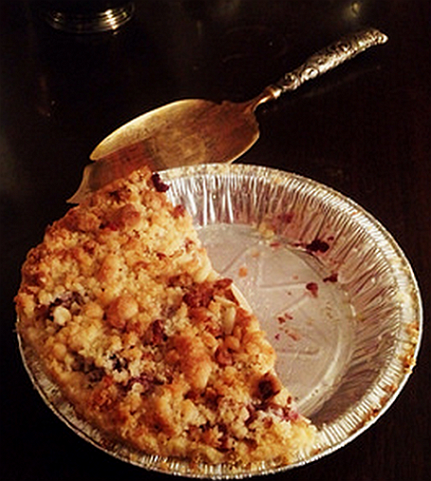Continued Fractional multiplication
 1
2
×
3
2
×
3
4
×
5
4
×
5
6
×
⋯
=
?
1
2
×
3
2
×
3
4
×
5
4
×
5
6
×
⋯
=
?
This problem is a part of set nested radicals
Image Credit: Flickr Lo8i .
This section requires Javascript.
You are seeing this because something didn't load right. We suggest you, (a) try
refreshing the page, (b) enabling javascript if it is disabled on your browser and,
finally, (c)
loading the
non-javascript version of this page
. We're sorry about the hassle.
4 solutions
Log in to reply
Yeah, we can use that as well! It's just the same actually!
We need to find lim n → ∞ ( n + 1 ) ! ! ( n − 1 ) ! ! ( n ! ! ) 2 for even n . We will use some basic results from Calculus I. Let a n = 0 ∫ π / 2 sin n x d x . Using Integration by parts, one can show that a n = n ! ! ( n − 1 ) ! ! for odd n and a n = n ! ! ( n − 1 ) ! ! 2 π for even n . Also, it is easy to see that lim n → ∞ a n a n + 1 = 1 . For even n , we have a n a n + 1 = ( n + 1 ) ! ! ( n − 1 ) ! ! ( n ! ! ) 2 π 2 . Taking the limit and multiplying with 2 π , we find that lim n → ∞ ( n + 1 ) ! ! ( n − 1 ) ! ! ( n ! ! ) 2 = 2 π .
If you view the image, you see that it is literally half a pie. Therefore, logically, we may assume that answer
This series reduces to 2 times the convergence value for the series product of (n^2-1)/n^2, where n=3,5,7,... A simple computer program shows that the series product converges on pi/4, so 2 times this is pi/2.
Moderator note:
We recommend not using a simple computer program to help with your calculation especially when one isn't required.
It is just equal to l i m n − > ∞ ( ( 2 n + 1 ) ! ! ( 2 n − 1 ) ! ! ( 2 n ) ! ! 2 )
Now, using stirling's approximation(of course we have to simplify this double factorial into single one and so on but that's just trivial),
it equals -
l i m n − > ∞ ( 2 n + 1 n π )
which is just(you can use anything, L'hopital's rule preferably)
2 π